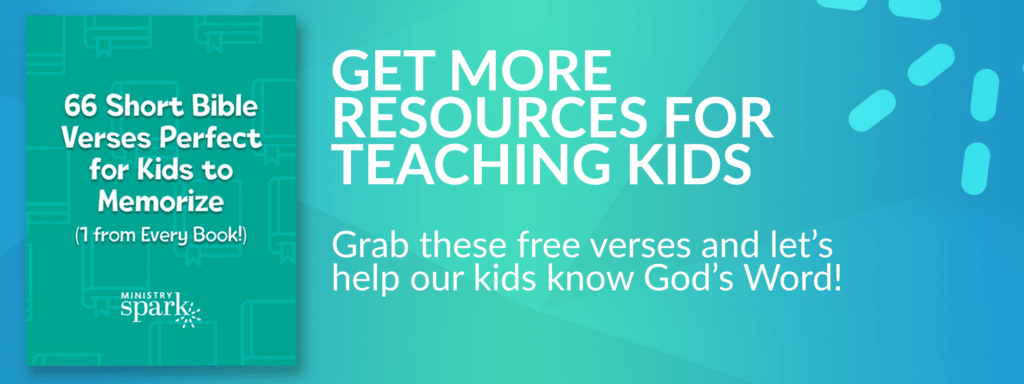Hey, my name is Megan Fate Marshman, and I work with young adults in Long Beach, California. I get the pleasure of talking about a form of Christianity that is not Christianity at all. It is the competing form of Christianity.
We must be sure that we’re giving our young people a form of Christianity that is following the true God.
I’ve worked with students my entire life, and now I’m getting into the young adult sphere and realizing that a lot of people think that they understand what Christianity is, but they’re actually believing in something called “Moralistic Therapeutic Deism.”
This might be a term you’ve heard tossed around, so let me break it down for you very simply.
What Is Moralistic Therapeutic Deism?

Moralistic—it’s all about what you do. I think this comes from a number of things, like WWJD bracelets for example. What does it look like to be a Christian? It has everything to do with what you would do, or what Jesus would do. Moralistic is all about what you do.
Therapeutic—it’s all about how it makes you feel. If I don’t feel good or if life’s not going well and that makes me feel bad, then suddenly God must not be real. If you’ve heard this from your students, it’s because they’re believing this form of Christianity that, again, is not Christianity at all.
Deism—there is a God, but he is distant and not engaged in my life. This God only wants to make our lives a little bit better and makes sure to give us a bunch of commands about everything we must do.
We must compete with this belief so that our young people may understand the true God and true Christianity. Which, basically, is that we are saved by grace by an intimate, personal God.


Teaching Thoughtfully
We must be sure that, as we go through the lessons we teach and the content that we give to our young people, we’re giving them a form of Christianity that is following the true God, a God who is not just a creator of the world but also intimate in nature.
Yes, God cares what we do, but there’s grace in our mistakes.
It’s also not about how we feel. If we’re supposed to follow this Jesus man—this God man who came to earth and lived the perfect life and then died a perfect death—then maybe our life isn’t meant to be easy.
We need to make sure our students know what true Christianity is.










